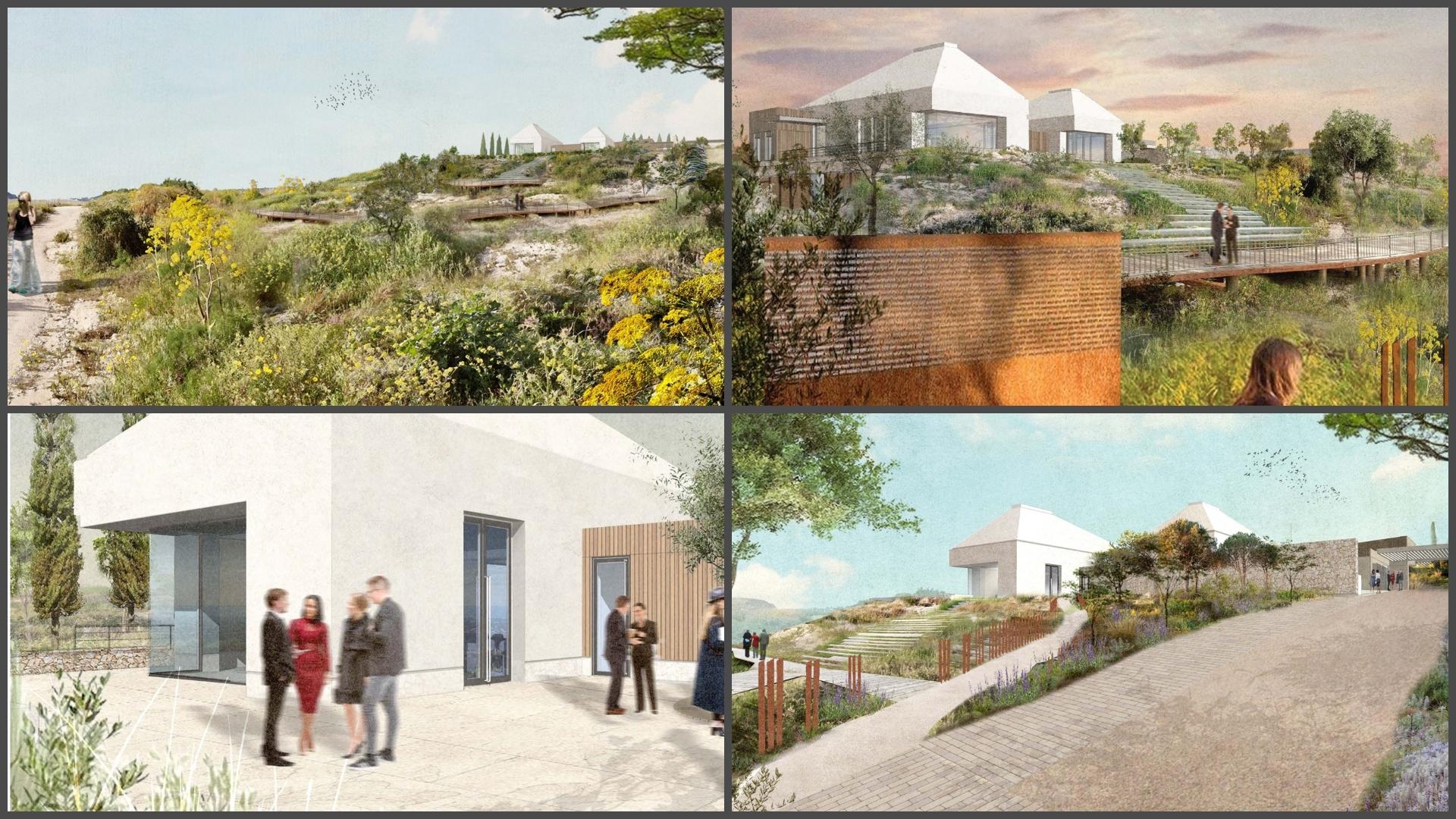The realisation of a major crematorium project in Cyprus is moving forward.
On Thursday 20 February, the head of Golden Leaves Cyprus Crematorium (formerly known as MW Crematorium Cyprus Ltd), Maureen Watt, said that the facility would be operational in 2026.
He mentioned that the Department of Environmental Protection has already issued the necessary permit and there are now no obstacles to the construction of the building. Work is expected to begin in June 2025. Watt also shared photographs of the project.

As a reminder, the crematorium will be built near the village of Ayia Varvara in the Paphos area. The total area of the project will be 17,575 m2 and the building area will be 1,012 m2. Approximately 4 million euros will be spent on the construction.
The ground floor will include: the main entrance with a waiting area for visitors, 3 offices for staff, kitchen, guest and service toilets and a room where memorial services will be held with a capacity of 100-200 people.
On the ground floor, there will be utility rooms, areas for the reception and preparation of the bodies, the area where the incinerator will be located, the area for the delivery of the ashes, refrigerators for the temporary storage of the bodies, and 3 parking spaces. For the convenience of visitors and staff, there will be a car park for 30 cars next to the building, 2 of which will be for the disabled. The area around the new crematorium will be landscaped.
It is worth mentioning that in April 2016, after active protests from the Cypriot Orthodox Church, the Cypriot Parliament passed a law allowing the cremation of the dead in the country. However, due to technical delays, the law will not come into force until 2019. Meanwhile, the construction of the crematorium has been postponed several times, mainly due to a lack of funds. The law also stipulates that cremation should only take place in certified facilities, which can be opened by the state, local authorities or private individuals.
At present, islanders who wish to cremate deceased relatives and friends have to send the body abroad, at a cost of around 5,000 euros. The construction of a crematorium on the island will solve this problem. And the cost to the relatives of the deceased will be reduced to 900 euros. The new crematorium in Cyprus will use advanced European incineration technology, which is used throughout Europe and in the UK. This system minimises emissions and meets strict environmental standards.

With respect,
Jack Gaist